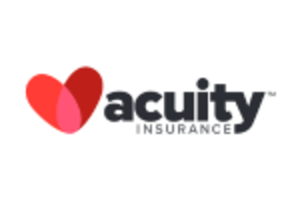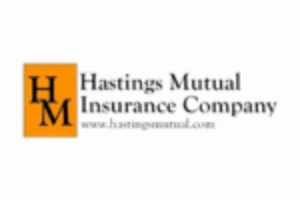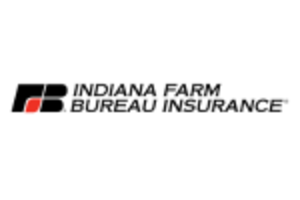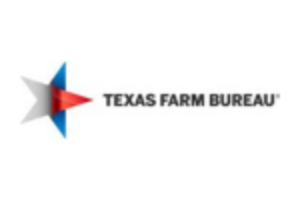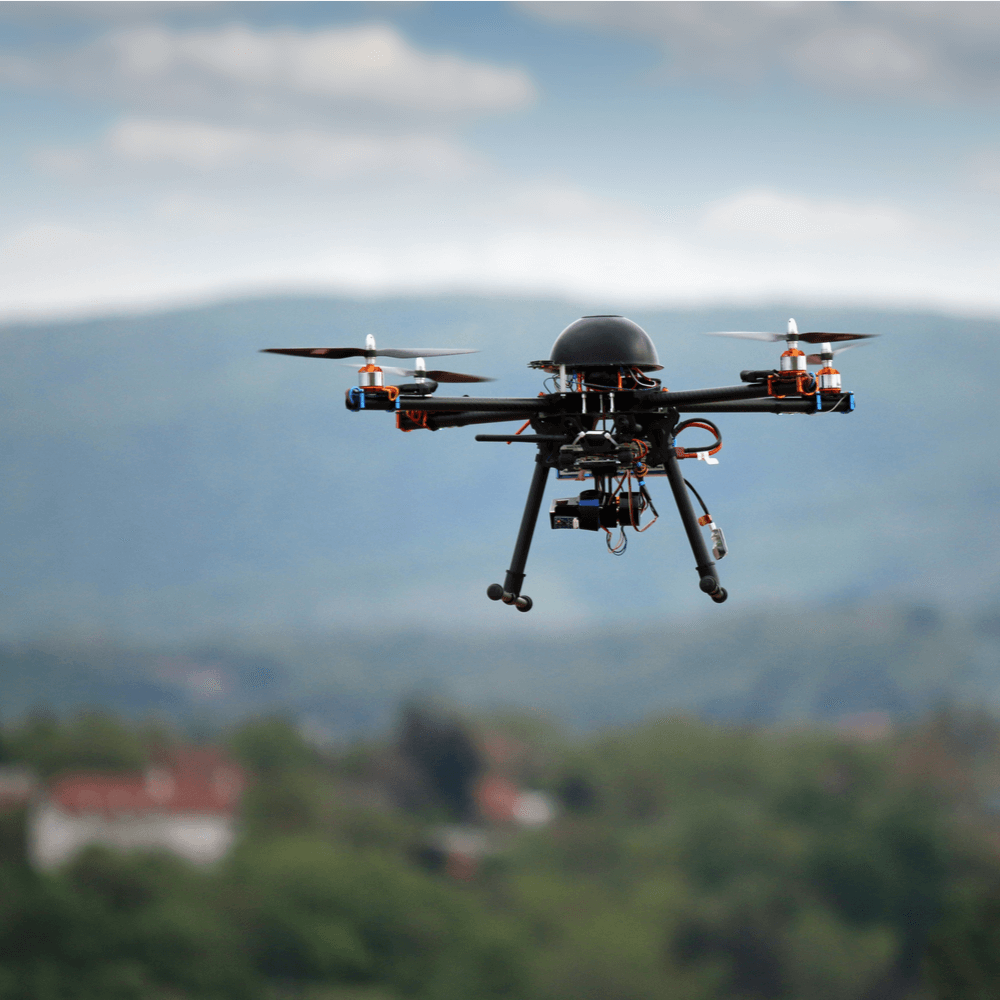
Drones and other unmanned aerial vehicles (UAVs) are quickly rising in popularity. The Federal Aviation Administration predicts the number of consumer drones will have increased from 1.1 million in 2016 to 3.55 million by 2021. Due to this popularity increase, the need for drone-related insurance has expanded.
While drone insurance isn’t federally required, it’s important to have coverage in case of theft, drone-related damage or legal issues stemming from a drone incident.
It's natural to have a question or two regarding the safety of your drone. If you need to compare insurance companies in order to find a drone policy that will protect your property, we offer an online, free tool that can help you.
Drone insurance and your homeowners or renters insurance
If you already have a homeowners or renters insurance policy, you may not need to purchase drone-specific insurance in order to cover some potential drone issues. If your homeowners or renters insurance covers recreational drones (ask your company or agent), it will likely cover:
If the drone is damaged in a disaster covered in your policy (i.e. fire, flood, wind-damage) or if it is stolen Medical expenses if your drone injures someone (not including family members and/or pets) Legal expenses in the event you’re sued for injuries or property damages caused by the drone Accidental privacy invasion (if you took pictures or videos of someone with the drone who then sues you)
However, a homeowners or renters insurance policy won’t take care of everything. These policies don’t cover:
Using the drone for business purposes Using the drone to deliberately spy or intentionally cause damage Damage/injuries caused by a drone used for commercial purposes If the drone is damaged in a crash or if it goes missing
If you have any questions regarding whether or not you'll need a drone insurance policy, you may want to reach out to your insurance provider.
Drone-specific insurance
If you’re planning to use your drone for commercial purposes – such as photography, real estate or delivery – having drone insurance not only helps to ensure you’re covered in event of an accident, but it may also help you gain clients who may be looking for an insured drone pilot. Even if you are just planning to use your drone recreationally, drone insurance still provides you with additional coverage. A lot of people want to know that a drone owner won't come after them in the event of accidental damage.
To make sure your drone is completely covered, there are drone-specific insurance policies you can purchase. The more prepared and safer drone pilot you are, the better and cheaper your drone insurance could be. Insurance companies want to see that you have been trained to fly (or at least are planning on being trained) as well as maintenance/flight logs and lists of add-ons or extra parts you’ve purchased. There are five different types of drone insurance coverage:
Liability: damage and claims to third parties Hull: damage to the drone itself Payload: damage to any additional onboard equipment i.e. cameras, sensors, etc. Ground equipment: any devices/equipment directly related to drone but not attached to drone i.e. laptops, remotes, additional sensors, etc. Non-owned: covers any drone equipment that you have rented or hired
An increasing number of general insurance companies now offer drone-specific insurance. For example, AIG offers drone insurance focused on commercial drone use. AIG’s drone insurance provides coverage for aircraft operators, as well as non-operators and on-ground crew members, third party liability and any physical damage to your drone and related equipment. There are no exclusions if something goes awry with the on-board electronics. AIG even offers optional war, hijacking and terrorism coverage. The price of drone insurance through AIG depends on what kind of equipment you need covered.
If you don’t want to pay for constant drone-specific coverage, another option is pay-when-you-fly drone insurance, where you schedule when and where you’re planning to fly and then pay based on that. One of the companies that specializes in this, SkyWatch, offers coverage for both commercial and recreational drone pilots. In addition to on-demand drone insurance, SkyWatch also has an app that connects to your drone and can warn you of any potential dangers (such as crowds, roads, airports and no-fly zones). They also give you discounts based on how safely you fly your drone, which could enable you to get $1 million in liability coverage for as little as $5-10/hour.
Flying drones for recreational or business use can be fun and exciting, but before you take your drone for a spin in the sky, it’s important to make sure you have a strong understanding of what is and isn’t covered by your insurance and to decide if you need additional coverage.
Don't forget about our comparison tool, which will help you to compare quotes from various companies.
The content on this site is offered only as a public service to the web community and does not constitute solicitation or provision of legal advice. This site should not be used as a substitute for obtaining legal advice from an insurance company or an attorney licensed or authorized to practice in your jurisdiction. You should always consult a suitably qualified attorney regarding any specific legal problem or matter. The comments and opinions expressed on this site are of the individual author and may not reflect the opinions of the insurance company or any individual attorney.



